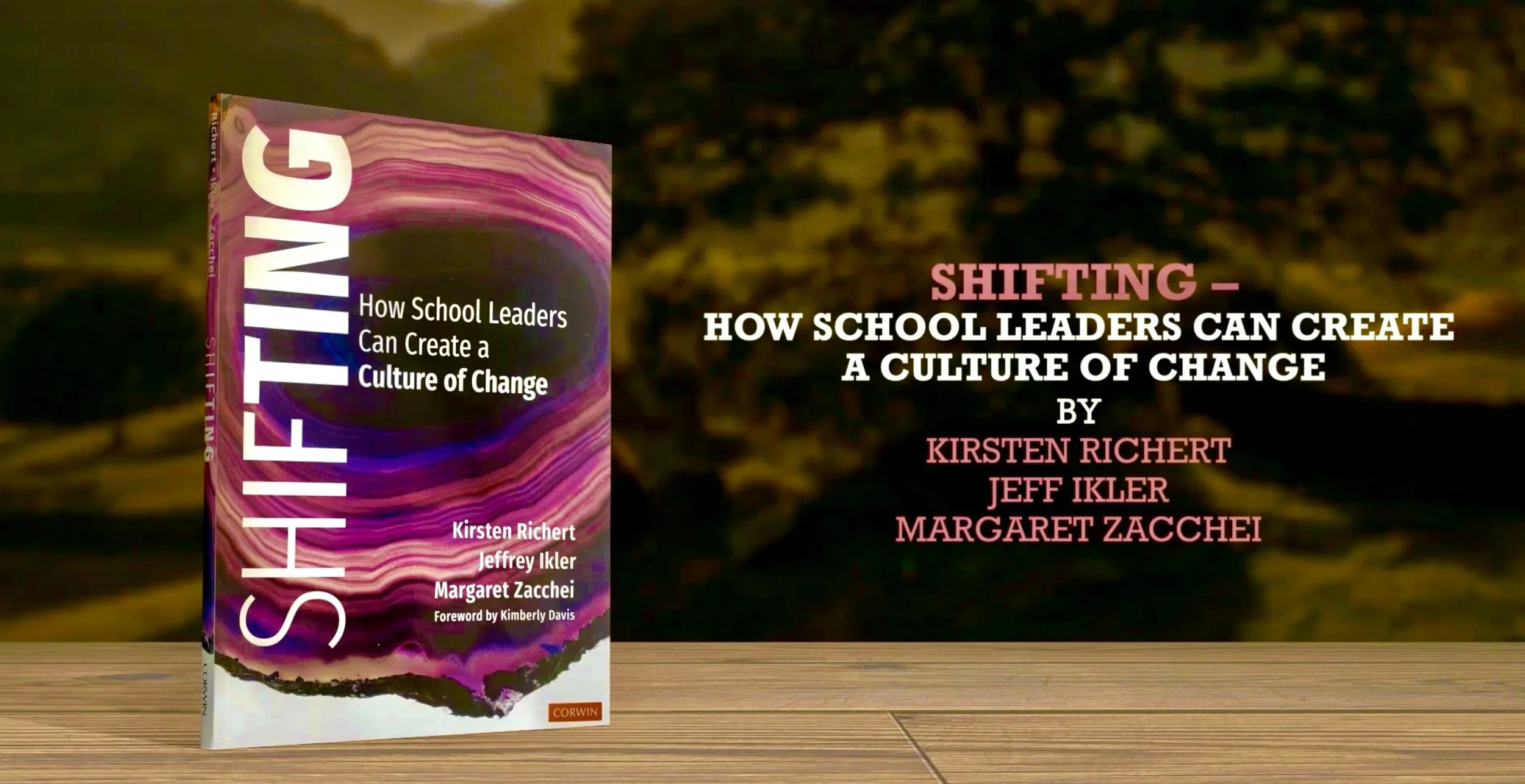Getting Unstuck #118: Focusing on the REAL WORK – not FAKE work
Today on Getting Unstuck
We all like to think we’re working hard, right? The sad fact, though, is that most of us spend a lot of time doing “fake work.”
Fake work?
Yup. The opposite of real work. And someone who has researched the concept of fake work and seen a lot of it first hand – and sometimes engaged in it – is Gaylan Nielson.
Gaylan is the CEO of The Work Itself Group, a consulting, facilitation, and teaching company that helps organizations and schools take a different approach to getting their real work accomplished. Gaylan has been a leader of various organizations for more than 30 years. He has served as a strategist and consultant, but his real love is teaching. There he has facilitated hundreds of training programs and projects with organizations and schools worldwide.
Gaylan, along with Betty Burks, is the author of Stop Fake Work in Education: Creating Real Work Cultures That Drive Student Success.
So what is “fake work,” you ask? Let’s listen and find out.
The Essential Ideas in Gaylan’s Own Words
Key words you’ll hear Gaylan use many times: clarity, discriminate, strategy, alignment, execution focus, discipline, priorities, objectives
So culture is about building the foundation of who you are, the values that describe you, who you see as your stakeholders, why they're important; how you serve them. We talk a lot about being a service environment; that we serve parents; we serve students ;we serve the community. So I think the idea of the service culture is really important.
I like to call values, which I think is the key word in a culture, “navigational stars,” then we navigate our lives by the choices we've made about how we want to treat each other. — Gaylan
Fake Work is work that's not directly connected to the critical objectives of an organization. We often say that it’s work that’s disconnected from strategy.
One of the biggest elements of fake work is strategy work (Why we need to do what we do, and how we’ll do it.) Because a lot of people engage in it, but then they see no value for it.
The more time I spent in education, the more the word “distraction” comes up. And the reason I believe that's true is that educators are just overwhelmed. They're asked to do too much. They're underfunded. They're trying to do nine or ten things,
And a lot of initiatives and projects come up from creative, hardworking people who just have another idea that they think should be get thrown into the works. I don't disagree with that. I mean, I want to have a creative, exciting organization that's coming up with new ideas. I just don't want it to derail the train every time we turn around.
Leadership isn't just about putting strategies together, it's, it's about making sure that people have agreed on what they want to do and then are doing.
“It is so important that you talk about your district. And what is critical to your district, not the district that’s next door to you, or in some other part of the state, or part of the country because your justice district has distinct needs and concerns.”
Tired of chasing the next “shinny thing” — the next initiative you just have to take on; the next change you just have to make?
Then take a different approach to change.
It seems like every year we try a ‘new’ educational initiative – something that somebody read about or experienced at a conference. We never seem to stay with it, though, because there’s always something new following on its heels. And our problems remain the same.” — A teacher
I will be recommending that our group of educational leaders with whom I work read your book. I think the organization of the book lends itself to each learner/leader applying the concepts to their own change efforts. Everyone can apply the themes and leadership practices.
Your book is very timely. "Shifting" is needed as educational leaders work through new distance learning approaches for all students. Educators must balance educating students, while keeping staff and students healthy. There is fear on the part of many teachers to remain healthy as they go back to school. Their why is to inspire and ensure that students thrive emotionally, socially and academically.
— Patrick Sweeney, Leadership Coach / Retired Superintendent



